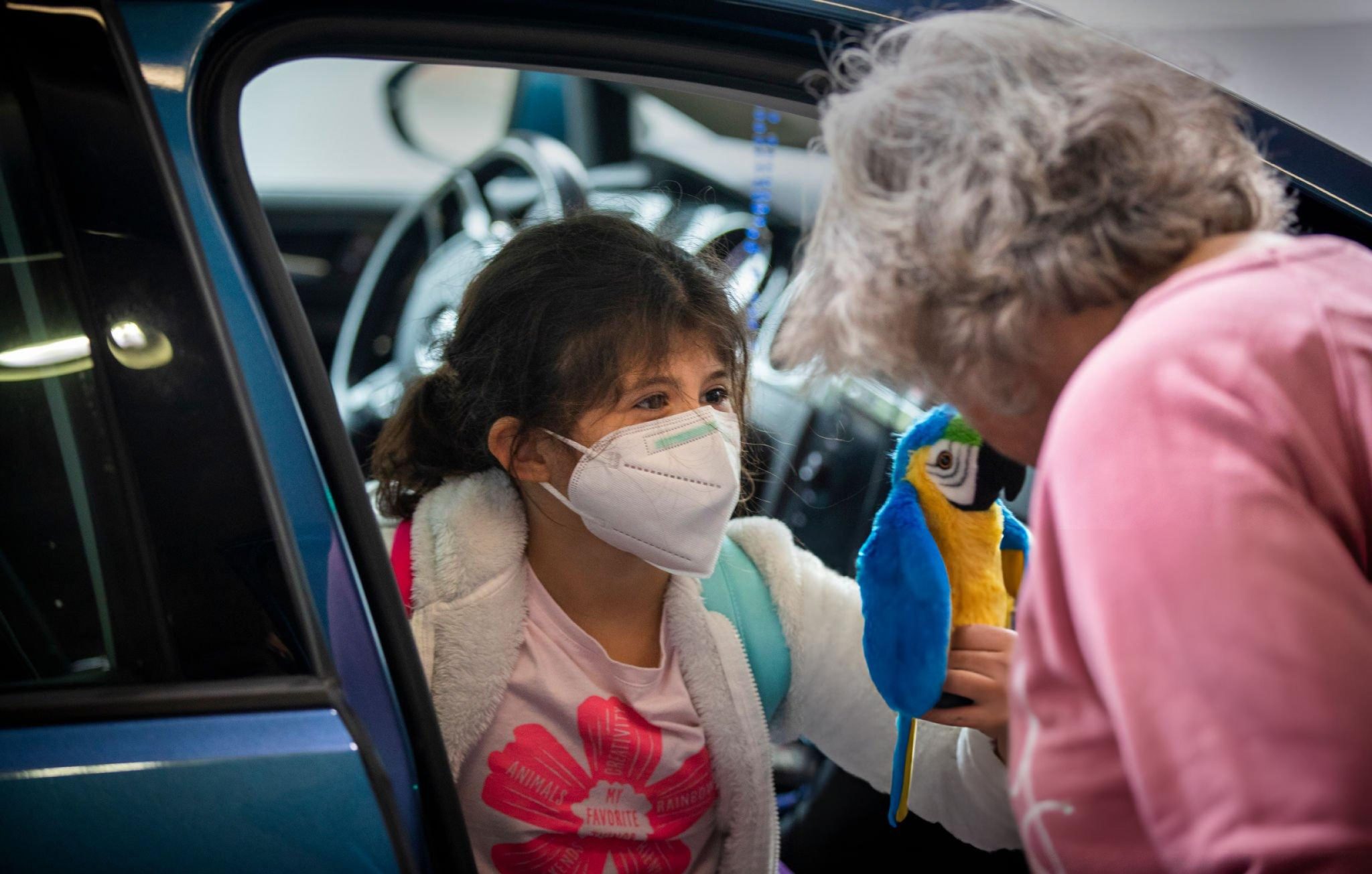San Antonio’s decision to cease tracking COVID-19 cases has sparked concern among epidemiologists and residents alike, particularly as reports of increasing infections continue to emerge. This shift in policy raises critical questions about the city’s ability to accurately gauge the pandemic’s trajectory and effectively manage public health responses.
The decision to stop tracking COVID-19 cases comes at a pivotal moment in the pandemic’s evolution. For over two years, tracking cases has been a cornerstone of public health efforts worldwide, providing essential data for assessing transmission rates, identifying hotspots, and guiding interventions. In San Antonio, as in many other places, this data has been instrumental in shaping policies such as mask mandates, vaccination drives, and capacity limits in public spaces.
Epidemiologists and health officials rely on case data not only to monitor the spread of the virus but also to forecast trends and allocate resources effectively. Without up-to-date and comprehensive data, these tasks become significantly more challenging. As epidemiologists warn of increasing infections in San Antonio, the absence of precise tracking mechanisms complicates efforts to pinpoint areas of concern and implement targeted measures to contain the virus’s spread.
The decision to discontinue tracking COVID-19 cases may stem from various factors, including shifts in public health priorities, resource constraints, or changes in data collection methodologies. However, the implications are profound. In a city where accurate data has been pivotal in guiding public health responses, the absence of real-time information creates uncertainty and potentially undermines efforts to protect vulnerable populations and prevent further transmission.
Amid reports of rising infections, the importance of individual vigilance and community-wide measures remains paramount. Residents are urged to stay informed through reliable sources, adhere to recommended safety protocols such as mask-wearing and vaccination, and monitor their health closely. These actions not only protect individuals but also contribute to community resilience against the ongoing threat of COVID-19.
The decision in San Antonio reflects broader challenges faced by communities worldwide in navigating the pandemic’s evolving dynamics. As variants emerge and public health landscapes shift, maintaining robust surveillance systems and adaptive responses are crucial. The ability to detect and respond swiftly to outbreaks hinges on reliable data and proactive public health strategies, underscoring the need for continued investment in pandemic preparedness and response capabilities.
Beyond the immediate implications for public health, the cessation of COVID-19 tracking in San Antonio raises questions about transparency and accountability in crisis management. Clear communication and data transparency are essential for fostering public trust and ensuring that decisions affecting community health are based on sound evidence and informed by expert analysis.
In the absence of official tracking, community organizations and healthcare providers play a vital role in monitoring local trends and supporting efforts to safeguard public health. Collaborative initiatives to promote testing, vaccination, and adherence to safety guidelines can help fill gaps left by the cessation of official tracking and mitigate the impact of rising infections.
Looking ahead, the challenge for San Antonio and other communities grappling with similar decisions lies in balancing public health imperatives with practical considerations and resource constraints. As the pandemic continues to evolve, adaptive strategies that leverage data-driven insights and community engagement will be crucial in navigating uncertainties and mitigating risks effectively.
While the decision to stop tracking COVID-19 cases may present immediate challenges, it also underscores the resilience and resourcefulness of communities in responding to public health crises. By remaining vigilant, advocating for transparent communication, and supporting efforts to protect vulnerable populations, residents can contribute to collective efforts to curb transmission and safeguard community well-being.
In conclusion, San Antonio’s decision to halt tracking COVID-19 cases comes amid reports of increasing infections, raising concerns about the city’s ability to effectively monitor and respond to the pandemic. The absence of real-time data complicates efforts to assess transmission trends and implement targeted interventions, highlighting the importance of continued vigilance and community-wide collaboration in navigating the ongoing challenges posed by COVID-19.







